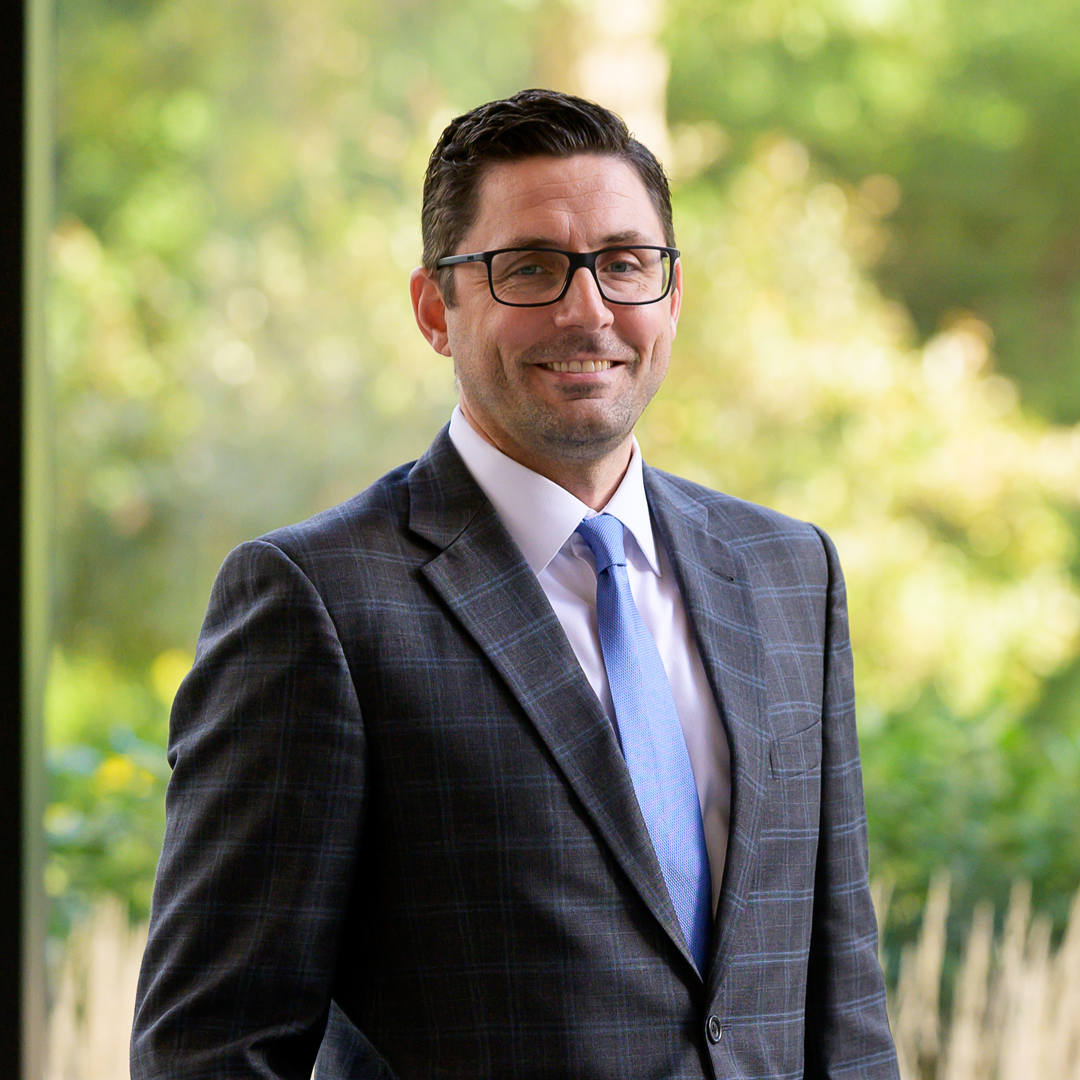Kamil Ali-Jackson tells her story like she lives her life: with great passion, unbridled enthusiasm, humor, and grit.
Ali-Jackson is a beneficiary of the civil rights movement. Born in the 1950s, she grew up in and benefited from an evolving and embracing America. “I was a product of a time in our country where we remembered how we had treated the less privileged and had a genuine desire to do something about it,” says Ali-Jackson.
Ali-Jackson was fueled by the energy of this era. “Everyone who was a part of that time was inspired and aspired to do something that would positively impact our country and those historically disadvantaged,” she says. “The desire to be part of the solution is one of the reasons I decided to become a lawyer. Through law, I believed I could play a role in making not only my life better but the lives of others as well.
“As an entrepreneur who happens to be an attorney,” Ali-Jackson continues, “I have learned there are different ways to have a positive impact and help shape the social and moral fabric of a company I create as well as a country I want to live in.”
For many years, Ali-Jackson did things the “traditional way.” She followed her two older sisters to the Ivy League, graduating from Princeton University with a degree in politics. She followed one of those sisters into law and obtained her law degree from Harvard Law School. She worked at a big law firm and thought, “This is success. I made it.”
But life had other plans for her. Married to a lawyer, childless, and working nonstop, Ali-Jackson realized she had to do something different to have a life, a love, and a career that she actually liked rather than one she merely endured.
“In the early 1990s, I found a new job: an in-house counsel position at a global pharmaceutical company,” Ali-Jackson explains. “I was desperately seeking a better quality of life and so, I jumped. I am so glad I did.”
Ali-Jackson evolved from a litigator into an international transactional attorney for Merck & Co. Inc., a global, multi-billion-dollar pharmaceutical company. She learned about the pharmaceutical industry and acquired her business skills. “I was selected to work as a licensing executive—not an attorney—in the Corporate Licensing department. I acquired an appreciation for the ‘business’ side of a deal.”
Subsequently, Ali-Jackson found herself across the negotiating table from her next supervisor, who became the general counsel of Endo Pharmaceuticals Inc. She joined Endo and eventually ended up becoming a serial entrepreneur and co-founder of several small, specialty pharmaceutical companies. Two of those companies, Ception Therapeutics and Ceptaris Therapeutics, were sold to larger pharmaceutical companies. A third company, Aclaris Therapeutics Inc., became a publicly traded company in 2015 and is where Ali-Jackson currently stands as chief legal officer, chief compliance officer, and corporate secretary.
“I became more intentional and thoughtful about how I loved, parented, lived, and worked—I became fearless, not reckless.”
Her years as a lawyer and mother have shaped Ali-Jackson’s leadership style and philosophy, which is to identify, acknowledge, and hire excellence; exemplify, encourage, and reward initiative and diversity of thought and experience; lead with empathy; and strive to empower all who work for her, including those who are typically “not in the room.”
The essential tenet of her leadership philosophy? “Fear nothing and no one.”
“After my three-year-old son died in a car accident, I realized that nothing worse could happen to me,” Ali-Jackson explains. “As a result of my only son’s death, I became more intentional and thoughtful about how I loved, parented, lived, and worked—I became fearless, not reckless. I now have a husband who supports me unconditionally and three beautiful, accomplished daughters—one of whom is a new lawyer, practicing law in California.”
On a daily basis, Ali-Jackson tries to incorporate her leadership philosophy in the workspace of her life. She diligently strives to pay attention to who is in the room when decisions that affect others are being made. She vividly remembers what it was like to not be included in the decision-making process, and that sense of empathy drives her to be more inclusive.
She encourages asking for help and asking questions. “The worst that can happen to you is someone says ‘no,’” she says. “A ‘no’ is not fatal. There is always someone else who will provide the help or answer the question.”
Ali-Jackson also believes that failure is important. “We should look at failure as a way to learn something new or as an opportunity to self-correct and avoid continuing down a path that shouldn’t be taken,” she notes.
“I strive every day to empower others with passion and grace, so that they, too, may survive and thrive,” says Ali-Jackson. “As I work with my team to develop future chief legal and compliance officers, I hope that when they attain their personal definition of success, they remember me as someone who tried to help them thrive no matter the challenges they faced, and more importantly, as someone who always had a smile on her face or a laugh on her lips.”


